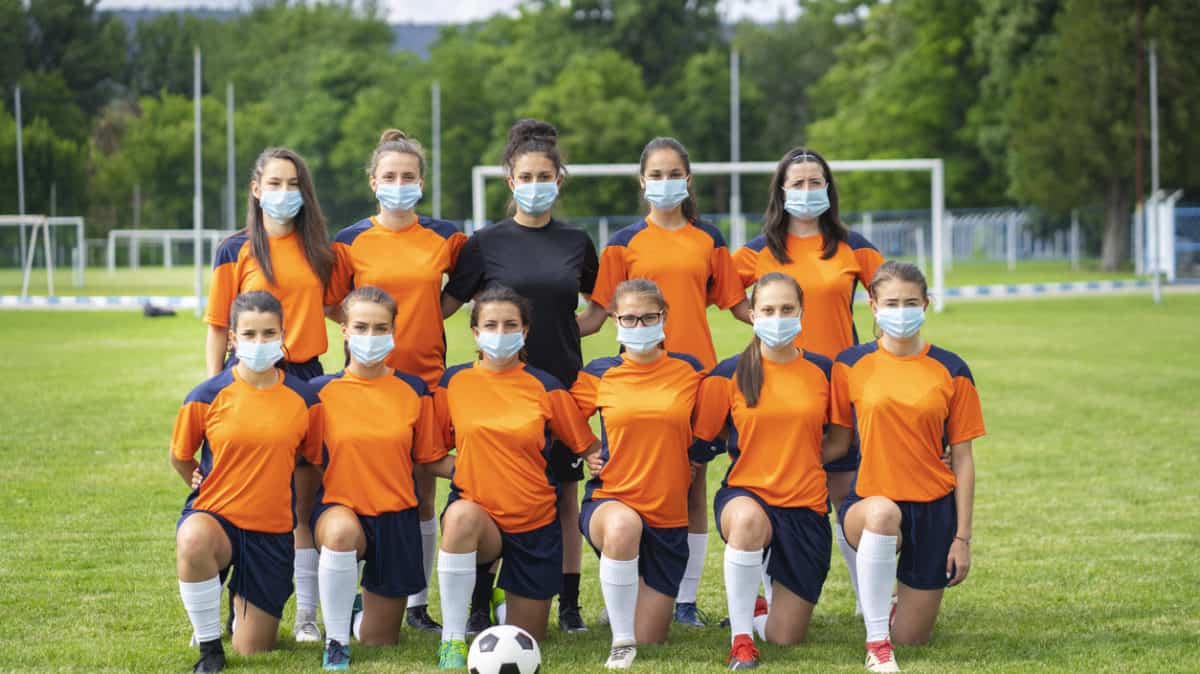How to Research Colleges
College coaches are studying the heck out of your athletic ability, grades, stats and game films to figure out what you can offer their teams. If there’s any sign that you could be a bust, coach probably won’t take you. With only one shot at finding the right college to fulfill a successful athletic career, you have more at stake than the coach, who can simply turn to another recruit next year. Therefore, you need to put maximum effort into learning what a coach and his school can offer you.
Before narrowing down your college choices (let alone making a final decision), do your homework on every aspect of the schools you are interested in. Don’t forget that there is more to college life than balling. Use the following guidelines and questions to help determine whether a school is a good fit for you.
Location
• Consider how far from home you want to be. The cost of traveling back and forth can add up. Are you willing to stay at school for almost the entire year? Homesickness often affects your freshman year, regardless of where you are.
• How much does climate matter to you and your sport?
Setting
• College life in downtown Philly is vastly different from that of Athens, Ohio. Do you prefer the hustle and bustle of an urban setting, or the laidback solitude of the countryside?
Academics
• What are the admission requirements? Are your boards and grades good enough to get you in? Can you hang with the tough classes?
• Is your desired major offered? If so, how respected is the school in that field?
Size / Student Body
• Will you be overwhelmed as one of 40,000? Or will that feel like an opportunity to meet new people? How does being a big fish in a small pond of 4,000 students sound?
• Do religious affiliation, diversity or public vs. private matter to you?
Housing
• Is housing available to all students? Do most students live in off-campus apartments, or stay on campus all four years? What do you prefer?
Cost
• Can you afford the tuition, room and board, books and travel costs? Out-of-state public school tuition and fees are considerably higher than in-state costs.
• How much financial aid is available?
Scholarship Availability
• Are you likely to get a scholarship? A free education is obviously more attractive.
Level of Competition
• Can you compete on a D-I field? Research the skill level required to make a mark at each division. Would you rather bust your butt for three years to get in a game during your senior year at a big school? Or would you rather play immediately at a smaller school, with fewer fans filling the stadium?
Time Comitment
• How long is the season, and what is the time commitment for your sport? These differ greatly among sports and divisions. How sport-dominated do you want college life to be?
Coaching Staff
• Do you get along with the coaches and like their style of coaching?
Emphasis on Academics
• What are the GPAs and graduation rate of the team? Does the program encourage and assist its players to do well in school?
• Are team tutors or study halls available?
Facilities
• To develop and improve as an athlete, you will depend heavily on your school’s training, in-season and practice facilities. Are you willing to train in a dark basement, or do you prefer a 4,000-squarefoot, state-of-the-art weight room to get a pump?
The Team
• Do you see yourself getting along with these people?
Related Links:
Controlling Your Recruiting Opportunities
Academic Eligibility Requirements
Getting Noticed by College Coaches
Communicating with a College Coach
RECOMMENDED FOR YOU
MOST POPULAR
How to Research Colleges
College coaches are studying the heck out of your athletic ability, grades, stats and game films to figure out what you can offer their teams. If there’s any sign that you could be a bust, coach probably won’t take you. With only one shot at finding the right college to fulfill a successful athletic career, you have more at stake than the coach, who can simply turn to another recruit next year. Therefore, you need to put maximum effort into learning what a coach and his school can offer you.
Before narrowing down your college choices (let alone making a final decision), do your homework on every aspect of the schools you are interested in. Don’t forget that there is more to college life than balling. Use the following guidelines and questions to help determine whether a school is a good fit for you.
Location
• Consider how far from home you want to be. The cost of traveling back and forth can add up. Are you willing to stay at school for almost the entire year? Homesickness often affects your freshman year, regardless of where you are.
• How much does climate matter to you and your sport?
Setting
• College life in downtown Philly is vastly different from that of Athens, Ohio. Do you prefer the hustle and bustle of an urban setting, or the laidback solitude of the countryside?
Academics
• What are the admission requirements? Are your boards and grades good enough to get you in? Can you hang with the tough classes?
• Is your desired major offered? If so, how respected is the school in that field?
Size / Student Body
• Will you be overwhelmed as one of 40,000? Or will that feel like an opportunity to meet new people? How does being a big fish in a small pond of 4,000 students sound?
• Do religious affiliation, diversity or public vs. private matter to you?
Housing
• Is housing available to all students? Do most students live in off-campus apartments, or stay on campus all four years? What do you prefer?
Cost
• Can you afford the tuition, room and board, books and travel costs? Out-of-state public school tuition and fees are considerably higher than in-state costs.
• How much financial aid is available?
Scholarship Availability
• Are you likely to get a scholarship? A free education is obviously more attractive.
Level of Competition
• Can you compete on a D-I field? Research the skill level required to make a mark at each division. Would you rather bust your butt for three years to get in a game during your senior year at a big school? Or would you rather play immediately at a smaller school, with fewer fans filling the stadium?
Time Comitment
• How long is the season, and what is the time commitment for your sport? These differ greatly among sports and divisions. How sport-dominated do you want college life to be?
Coaching Staff
• Do you get along with the coaches and like their style of coaching?
Emphasis on Academics
• What are the GPAs and graduation rate of the team? Does the program encourage and assist its players to do well in school?
• Are team tutors or study halls available?
Facilities
• To develop and improve as an athlete, you will depend heavily on your school’s training, in-season and practice facilities. Are you willing to train in a dark basement, or do you prefer a 4,000-squarefoot, state-of-the-art weight room to get a pump?
The Team
• Do you see yourself getting along with these people?
Related Links:
Controlling Your Recruiting Opportunities
Academic Eligibility Requirements
Getting Noticed by College Coaches
Communicating with a College Coach
RECOMMENDED FOR YOU
Create A Free Recruiting Profile Today!
CaptainU helps athletes & parents not only be proactive but also to manage and take control of their entire recruiting journey.











